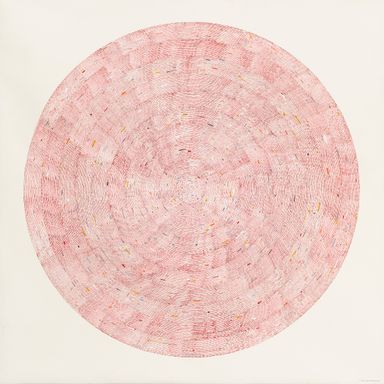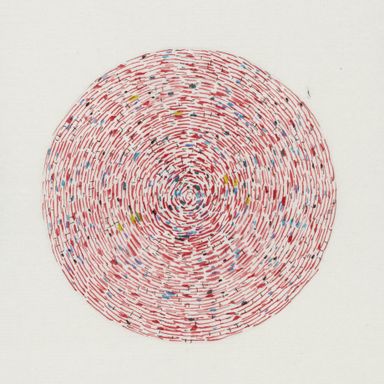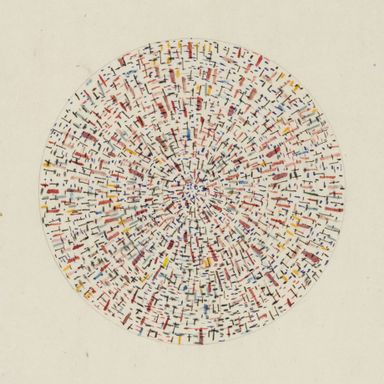
Frequently Asked Questions
Frequently asked questions
Have more questions or can't find the answer you're looking for? Reach out to any one of us.
- What do you mean by knowledge asymmetry?
It is a condition where knowledge about our reality (physical reality via natural sciences, social reality via social sciences, technological reality via engineering sciences) is produced and assimilated into the public discourse by a certain group of people but not others. The reality of this 'other' group then remains unexamined, causing its marginalization. Knowledge asymmetry also precludes diversity to enrich the scientific process thereby limiting science to advance at its full potential.
- What are you actually going to do?
Over 3-5 years: Raise human resources within the conceptual framework of twofold purpose via the bridge program. Over 5-7 years: Cultivate a scientific community and create a cultural momentum. Over 8-10 years: Develop institutional capacity by building local institutions of learning.
- What makes your initiative different?
We consider ourselves as construction workers for building a better world because most ideas underlying our work are not new. However, the powerful ideas that undergird our conceptual framework have seldom been applied to the scientific enterprise, which, for one reason or another, remains inaccessible to many. To address this problem, we are delving deep into the intellectual foundations of scientific practice, scientific culture, and scientific institutions. By recognizing some of the assumptions underlying these elements of the scientific enterprise, we are aiming to take a constructive approach of building new modes of pursuing science under an evolving conceptual framework that regards every person capable of inquiry, recognizes the power of nurturing intellectual capacity for social transformation and aims to contribute to science by broadening participation. We envision that any form of success we achieve will enable new groups to form with similar motivations in communities worldwide where scientific enterprise remains underdeveloped.
- Ok, I understand the theory, but concretely, what makes your initiative different?
Figuratively (not strictly), we work with the so-called ‘C students’, where the label ‘C’ misleadingly represents a person’s capabilities. Grades and accolades are poor predictors of a student's research capacity; instead, they often reflect a student’s social reality and act as a barrier to pursuing research. The incoming trainees will not enroll in a degree-granting program, will not have an obligation to earn course credits or be required to write a research thesis. These structural building blocks of academia can act as barriers and cloud the judgment of a fledgling scientist and science institutions. Instead, trainees and mentors will engage in research activities through close accompaniment and co-investigation outlined under the section ‘evolving plan of action’ in more detail. The sole aim of our current endeavours (for the next 5-7 years) is to build human resources capable of pursuing scientific research in close integration with social action. We don’t know exactly what such an integration will look like, but it will undoubtedly be multi-faceted and we want to learn about it as we labor in our endeavours. As such, what also distinguishes our effort is its scientific approach of action and reflection to understand the processes of integrating knowledge systems for building better societies.
- What is your motivation?
First, as practitioners of science research, we are aware of the glaring imbalance in the world with regard to the opportunity and capacity to participate in knowledge generation. We want to do something about it.
Second, although thinking about addressing this seemingly gargantuan problem may appear overwhelming, we find several examples of grassroots movements in recent human history that motivate us with ideas for conceiving creative frameworks for action in democratizing science research and processes of knowledge generation. As we outline some below, you can glean commonalities across these movements characterized by their non-adversarial and constructive nature and an emphasis on raising consciousness through participation and social action.
- Scandinavian study circles: The Scandinavian folk school movement, beginning in 19th-century Denmark, created a grassroots, participatory educational model that empowered the working poor to become agents of social change. Through community-based learning, spiritual and intellectual growth, and collective action, this movement fostered equity and helped shape some of the world's most just societies by the late 20th century.
- Antigonish cooperative movement: In the lead-up to the Great Depression, the Antigonish movement in Nova Scotia emerged as a powerful force for popular education and rural self-empowerment, led by liberal Catholic priests and educators. Inspired by Scandinavian and British models, the movement used home-based study groups to foster critical awareness and develop cooperatives and credit unions, eventually spreading across North America and gaining international recognition.
- Gandhi's radical constructive programme: Gandhi considered nonviolent social change as an emerging science, giving it a formal name, 'constructive program'. He called his efforts 'experiments with truth' which consisted of building self-reliant, just, and equitable communities through grassroots efforts such as spinning khadi, promoting village industries, and eradicating social injustices like untouchability. It aimed to create the foundation for nonviolent social transformation by fostering moral and economic self-sufficiency at the local level.
- African American cooperative movement: In the early 20th century, African Americans, influenced by the Antigonish movement, formed study circles to build economic cooperatives and combat systemic economic marginalization across the USA. These grassroots, participatory groups deepened understanding, built practical skills, and fostered solidarity, highlighting the powerful role of pedagogy in driving constructive social change.
- FUNDAEC: The Foundation for the Application and Teaching of Science (FUNDAEC) is a non-governmental organization founded in Cali, Colombia, in 1974, whose ongoing work aims to create an educational model that supports communities in shaping their own development by integrating multiple knowledge systems. FUNDAEC's work has evolved into a structured curriculum now used in secondary education, teacher training, and programs focused on forming promoters of community well-being across four continents. The core assumptions about human nature and capacity are what motivate us about FUNDAEC's innovative work.



